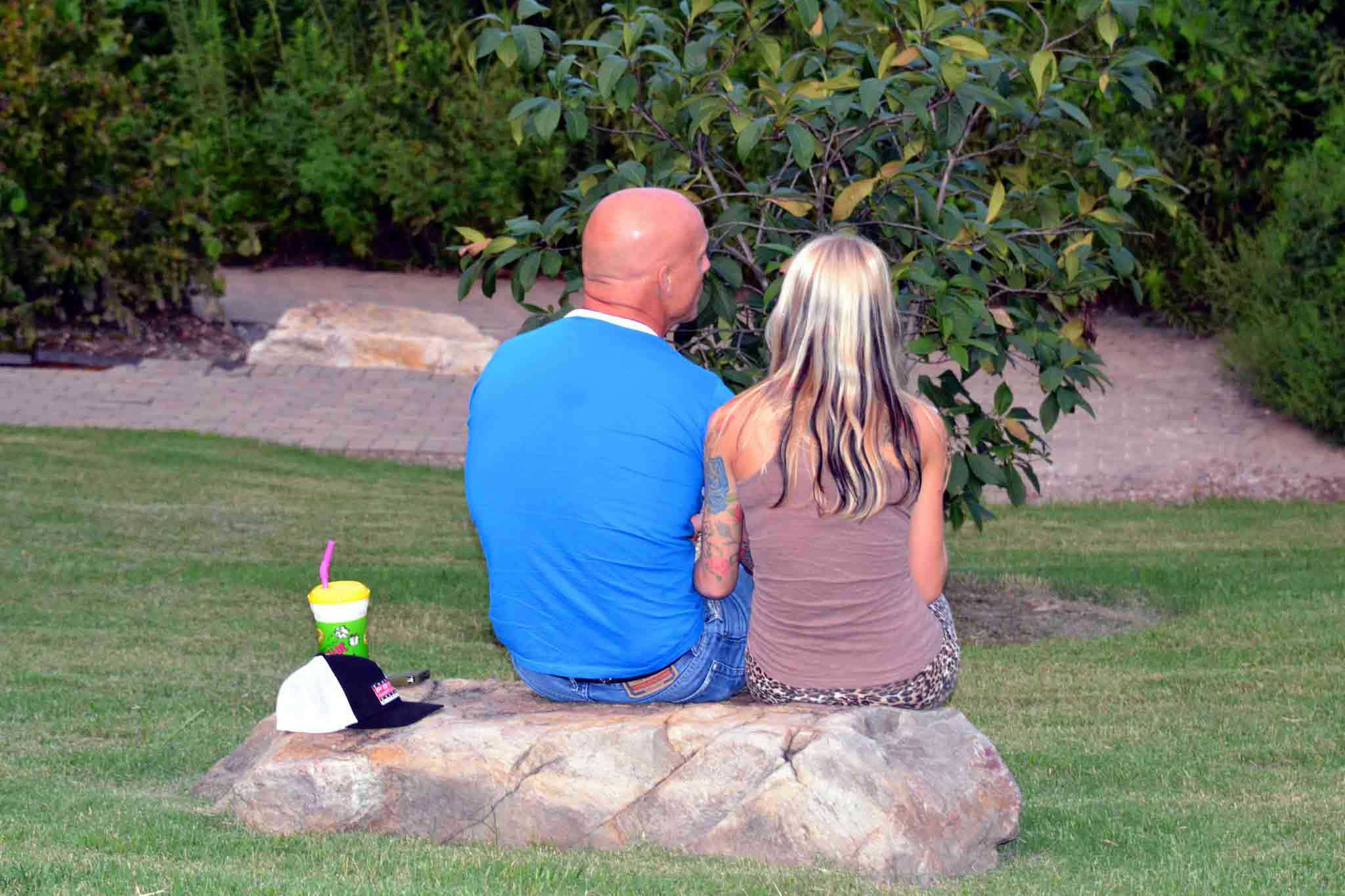Do find yourself making lots of sacrifices for your partner’s happiness, but not getting much in return? If this kind of one-sided pattern sounds like yours, you don’t have to feel trapped. There are lots of ways to change a codependent relationship and get your life back on an even keel.
What is a Codependent Relationship?
 The first step in getting things back on track is to understand what a codependent relationship is. Experts describe it as a pattern of behavior in which you find yourself dependent on approval from someone else for your self-worth and identity.One key sign of a codependent relationship is when your sense of purpose in life wraps around making extreme sacrifices to satisfy your partner’s needs.”Codependent relationships signify a degree of unhealthy clinginess, where one person doesn’t have self-sufficiency or autonomy,” says Scott Wetzler, PhD, psychology division chief at Albert Einstein College of Medicine. “One or both parties depend on their loved ones for fulfillment.”
The first step in getting things back on track is to understand what a codependent relationship is. Experts describe it as a pattern of behavior in which you find yourself dependent on approval from someone else for your self-worth and identity.One key sign of a codependent relationship is when your sense of purpose in life wraps around making extreme sacrifices to satisfy your partner’s needs.”Codependent relationships signify a degree of unhealthy clinginess, where one person doesn’t have self-sufficiency or autonomy,” says Scott Wetzler, PhD, psychology division chief at Albert Einstein College of Medicine. “One or both parties depend on their loved ones for fulfillment.”
Anyone can become codependent. However, some research suggests that people whoseparents emotionally abused or neglected them in their teens are more likely to enter codependent relationships.”These kids are often taught to subvert their own needs to please a difficult parent, and it sets them up for a long-standing pattern of trying to get love and care from a difficult person,” says Shawn Burn, PhD, a psychology professor at California Polytechnic State University, San Luis Obispo.As Wetzler says, “They’re often replaying a childhood pattern filled with development gaps.”
Am I in a Codependent Relationship?
If you are wondering whether you are in in a codependent relationship, then watch out for these signs, which suggest that you may be:
- Are you unable to find satisfaction in your life outside of a specific person?
- Do you recognize unhealthy behaviors in your partner but stay with him or her in spite of them?
- Are you giving support to your partner at the cost of your own mental, emotional, and physical health?
“Individuals can also assume they are in a codependent relationship if people around them have given them feedback that they are too dependent on their partner or if they have a desire, at times, for more independence but feel an even stronger conflict when they attempt to separate in any way,” says psychologist Seth Meyers.”They’ll feel anxiety more consistently than any other emotion in the relationship,” Meyers says, “and they’ll spend a great deal of time and energy either trying to change their partner or … trying to conform to their partner’s wishes.”
Characteristics of Codependent People
Here are some common characteristics of codependent people. They often have:
- An exaggerated sense of responsibility for others’ actions
- A tendency to confuse love and pity, and a tendency to “love” people they can pity and rescue
- A tendency to do more than their share, all of the time
- A tendency to become hurt when people don’t recognize their efforts
- An unhealthy dependence on relationships. The co-dependent will do anything to hold onto a relationship in order to avoid the feeling of abandonment.
- An extreme need for approval and recognition
- A sense of guilt when asserting themselves
- A compelling need to control others
- A lack of trust in self and/or others
- Fear of being abandoned or alone
- Difficulty identifying feelings
- Rigidity or difficulty in adjusting to change
- Problems with intimacy and boundaries
- Chronic anger
- A tendency to lying and dishonesty
- Poor communication skills
- Difficulty in making decisions
Identifying Signs of Codependency
 Codependency appears to be found in varying degrees of intensity, with symptoms being found on a spectrum of severity, rather than an all or nothing scale. The following questionnaire can help you to identify possible signs of codependency, but please note that only a qualified professional can make a diagnosis of codependency. Not everyone who experiences these symptoms suffers from codependency.
Codependency appears to be found in varying degrees of intensity, with symptoms being found on a spectrum of severity, rather than an all or nothing scale. The following questionnaire can help you to identify possible signs of codependency, but please note that only a qualified professional can make a diagnosis of codependency. Not everyone who experiences these symptoms suffers from codependency.
- Do you keep quiet in order to avoid arguments?
- Are you always worried about others’ opinions of you?
- Have you ever lived with someone with an alcohol or drug problem?
- Have you ever lived with someone who hits or belittles you?
- Are the opinions of others more important than your own?
- Do you have difficulty adjusting to changes at work or home?
- Do you feel rejected when significant others spend time with friends?
- Do you doubt your ability to be who you want to be?
- Are you uncomfortable expressing your true feelings to others?
- Have you ever felt inadequate?
- Do you feel like a “bad person” when you make a mistake?
- Do you have difficulty accepting compliments or gifts?
- Do you feel humiliated when your child or spouse makes a mistake?
- Do you think people in your life would go downhill without your constant efforts?
- Do you frequently wish that someone could help you get things done?
- Do you have difficulty talking to people in authority, such as the police or your boss?
- Are you confused about who you are, or where you are going with your life?
- Do you have trouble saying “no” when asked for help?
- Do you have trouble asking for help?
- Do you have so many things going at once that you can’t do justice to any of them?
If you identify with several of these symptoms and are dissatisfied with yourself or your relationships, you should consider seeking professional help. Arrange for a diagnostic evaluation with a licensed physician or psychologist who is experienced in treating codependency.
Christian Counseling for Codependency
If you see yourself in the signs described above, do not despair. As a Christian counselor, I have worked with people suffering from codependency and have seen that a different life is possible.
“Man and his pet,” courtesy of kapa65, website pixabay.com, CC0 License Public Domain, ABSFreePic.com; “FamilyTime,” Courtesy of David Amsler, Flickr CreativeCommons (CC BY 2.0)n






